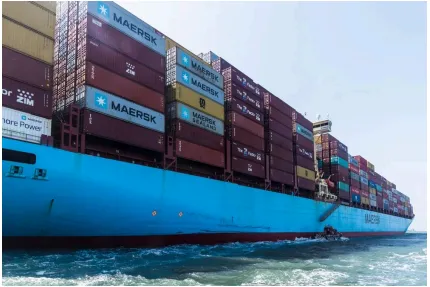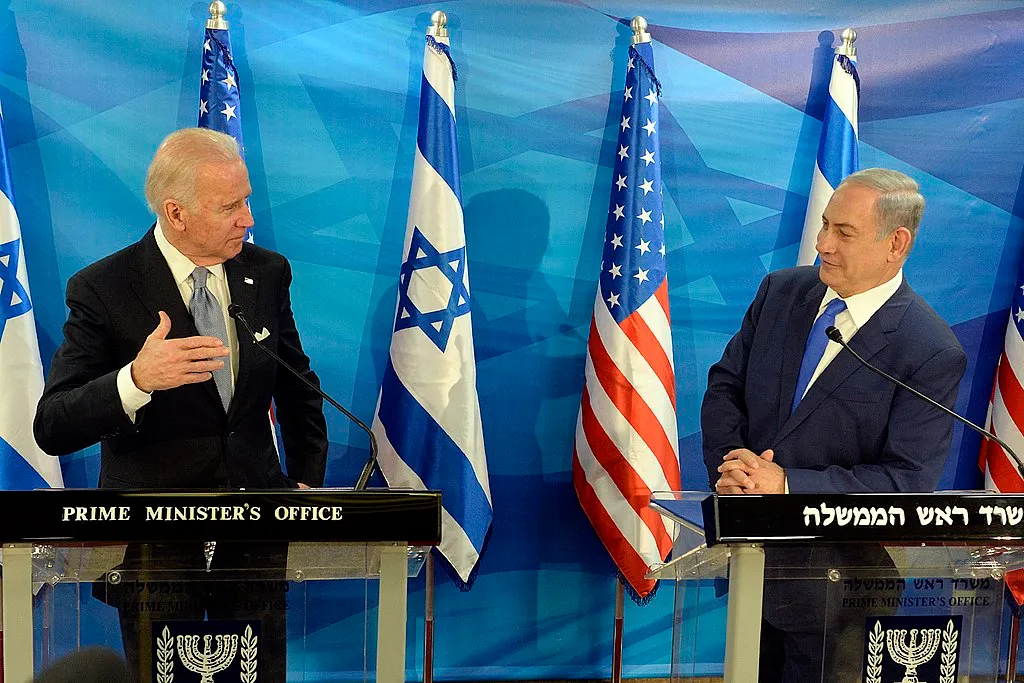The end of 2023 brought some welcome news vis a vis inflation. If not actually coming down, it was at least increasing at a much slower pace. Although, despite a Santa Claus rally on the stock market at years end, most of the trajectories for the new year show a recessionary environment taking hold. Inflation plus recession equals ‘dragflation’.

In both Germany and France the uptick in inflation was against current trends and is most likely due to the ending of household subsidies. There is much speculation that central banks will bring interest rates down this year – a year of many elections. However, the ECB have repeatedly stated they have no plans to cut rates until 2025.
Of course a strong vacation season could take the edge off a recession. However, the biggest obstacle at present is the events unfolding in the Middle East.

Members of different tribes stage a protest against United States' attacks on Yemen's Houthis in Yemen on Sunday. Photograph: Anadolu/Getty Images
The Red Sea separates Egypt and Saudi Arabia, with the Suez Canal at its north end, creating a quick, short route through the Mediterranean Sea to Europe, and Yemen at its narrow southern end. An average of at least 50 ships pass through the canal every day during normal times.
These are not normal times.
According to a Goldman Sachs estimate 70 to 80 percent of the ships usually traversing the canal now ply other routes that add an average of 30 percent to their travel time.
Most importantly, for inflationary prospects, shipping rates from Asia to northern Europe more than doubled last week. The average cost to send a container from Asia to a Mediterranean port reached $5,175. As the situation has escalated some carriers have pegged their rates above $6,000, while others are adding surcharges of $500 to $2,700 per container.

In addition, much longer trade routes has tightened available space for containers aboard ships. With ships taking longer routes between ports, more ships and containers are in service at any given time, reducing their availability.
Not to mention the strong potential of a wider Middle Eastern war for sharply increasing oil prices. We may see $130 barrel, a near doubling. Will the creaking countries of Europe be able to bear such an increase without an extensive recession? Meanwhile the determination of central banks not to lower interest rates will be sorely tested.
If only we had Western leaders pouring water to dampen the growing fires of war. Instead our political leaders and the presstitutes that follow them seem to be forging ahead all guns ablazing supporting both Ukrainian and Israeli war ends. It's almost as if they want to take us to war?

Joe Biden and his administration have acted as the conscious accomplices in what the South African government has characterised as an act of genocide / Image: U.S. Embassy Tel Aviv, Wikimedia Commons